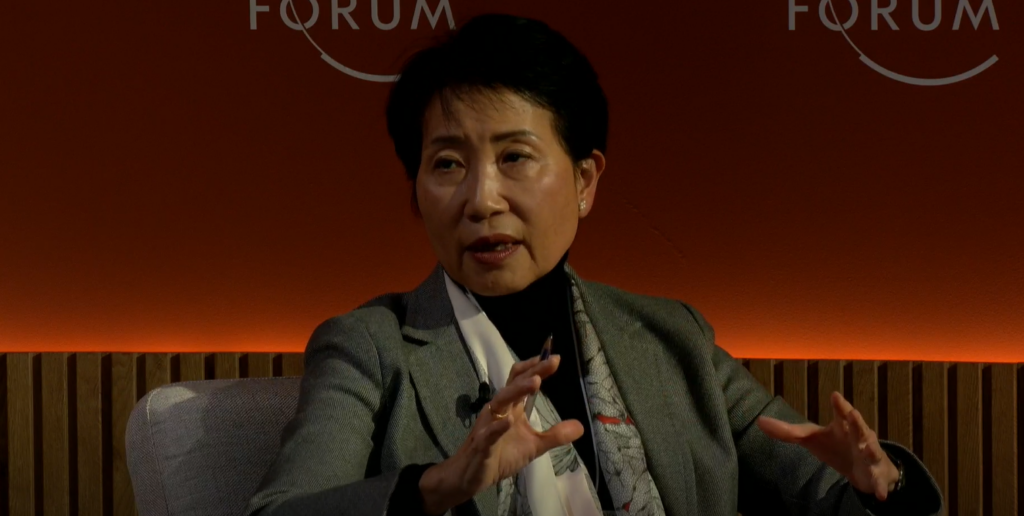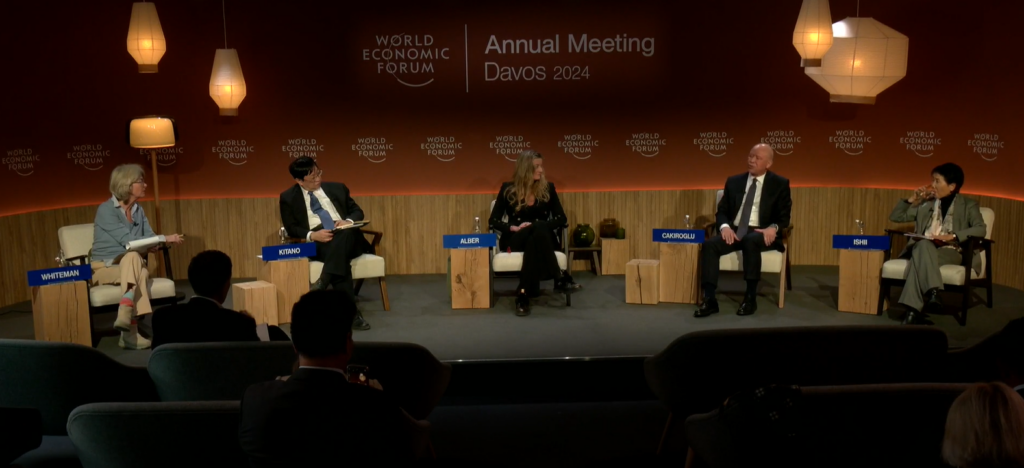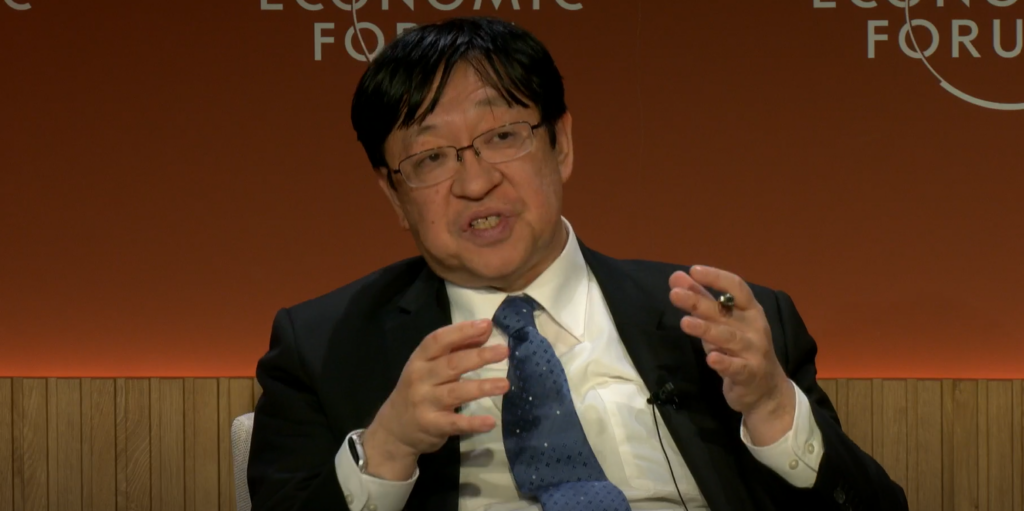
- ARAB NEWS
- 11 Jul 2025

DUBAI: Naoko Ishii, the Executive Vice President of the University of Tokyo, stressed the importance of creating publicly available datasets during a session at the World Economic Forum on Wednesday, adding that they are the foundation of carbon neutrality.
Ishii said that the data shows that the world might not achieve the 1.5 degrees that is expected to be achieved by 2021.
“The world we are going (to) is really meaning that there isn’t much water, not much of the water, not much of the ecosystem, so our proposal or the promotion of degenerative agriculture may be a clear example of maladaptation, and I’m really worried about it,” Ishii said during a panel titled New Apps for Climate Adaptation.
She added that this is a huge risk for agriculture, saying that scientists and artificial intelligence can help farmers by letting them know what’s ahead so that they are capable of adapting to climate change, stressing that programming a data set will assist them.

“We may need to change that strategy or planning of what kind of crops (framers are harvesting), where (they are harvesting them), and when. I think that’s going to be expensive,” Ishii said.
“If we have a good data set, we may be able to think of a new strategy which will not only help the risk factor but also (help) the business opportunity factor,” she added.
Furthermore, the Executive Vice President shared that data sets must be public and open-sourced in order to help communities. “We are entering the era of creating public data infrastructure,” she said. “It has to be open-source, affordable, interoperable, and of high quality.”
She shared that data infrastructures cannot be one big model that fits the whole world; instead, they should be an affiliated system reflecting the condition of each country during each season.
“Creating a public-available data..It’s going to be the foundation for an entire community to move to not only carbon neutral but also nature positive,” she said.
Echoing her statements is Japanese computer scientist Hiroaki Kitano, Senior Executive Vice President of Sony Group Corporation, as he mentioned that analyzing data is a crucial part when it comes to addressing climate change.
“Data may not have significant value; you have to process it and make sense out of it,” he said. “All tech companies should be able to take advantage of open source data.. The data should be a means for intervention. We have to take action.”
He also said that datasets will create a new world of agriculture, adding that Sony’s dataset is open-source.

“We are trying to make high biodiversity agriculture. To do that, we need an understanding of micro-ecosystem design, and we have huge datasets matching between crops and plants, and we make it open source (because) we need more data from all over the world,” he said.
He explained that Sony’s system is a “complex dynamic system” consisting of three steps: mitigation, adaptation, and regeneration to help with supply chain management, understanding and predicating what problems might occur in order to intervene.
“Sony is the largest censoring manufacturing company, particularly in our image sensor. We can deploy the sensor all around the world if possible. We have low-energy-consumption radio communication systems and laser-based satellite communication systems,” said Kitano.